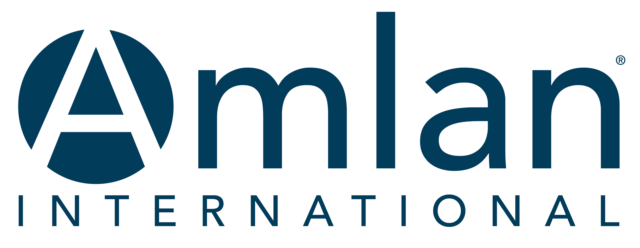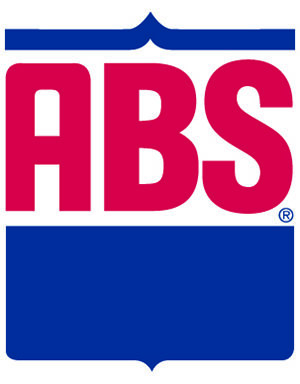It wasn’t the 87,683rd Jersey registered last year that is credited with an amazing feat, nor was it the last one recorded on Dec. 31, 2008, but it was all 94,774 animals, their owners and caretakers, and the American Jersey Cattle Association staff and its members that combined their efforts to leave a lasting mark on history.
“As the year went on, it became pretty apparent that we were going to have a significant chance of breaking the all-time record,” says Cherie L. Bayer, Ph.D., director of development for the American Jersey Cattle Association/National All-Jersey Inc. “No one thought it would be by over 7,000 cows.”
Not only did the association surpass the all-time record of registrations set back in 1953 of 87,682; they overshadowed it with an additional 7,092 animals registered in 2008. The total number of 94,774 was also 19 percent higher than those processed in 2007.
“Our organization and the Jersey breed has undergone tremendous growth,” Bayer says, indicating a number of factors. In 2000, milk component pricing was included in the Federal Milk Marketing Order, which led to a sustained upsurge in the use of Jersey semen.
The use of sexed semen has also had an effect on growth, but it has yet to be quantified. There’s been a greater usage of high-component milk for the production of cheese. In addition, Hilmar Cheese’s new plant in Dalhart, Texas, has increased the need for Jerseys in that state. Lastly, the industry is looking for the most profitable, efficient cow for converting feedstuffs to milk with a long, productive life, Bayer says.
“Those are two areas Jerseys have an advantage,” she says.
With the increase in cattle numbers, the association has increased the services it provides and the manner in which it provides them.
“Our goal is to make it as easy as possible for members to use our services,” Bayer says.
That includes offering online cattle registration 24/7, switching from tattooing to double-match ear tags, having staff members trained in on-farm software and the REAP program. The REAP program is a combined offering of the association’s services.
By enrolling in REAP, producers receive discounts on registrations, ear tags and ownership transfers. They can also participate in performance evaluations, the computerized mating service and regional young sire groups.
Online registrations represented 72 percent of the cattle registered in 2008, up from 55 percent just five years ago. This option has been available to Jersey breeders for a decade, but it has become more streamlined and simple to use. More than 15,000 registrations were processed in December alone.
“By far and away that is the most this association has ever processed in a single month,” Bayer recalls. Registrations came in from all across the county. The top five states were California, Texas, Wisconsin, Oregon and Ohio. “Registration for us is just the beginning of an entire lifetime of records and services,” Bayer says.
Once an animal is registered it can participate in the online mating system for the selection and editing of bulls to be used. This mating system will track the potential for inbreeding, a tool appreciated by large-herd owners, Bayer says.
The Jersey Marketing Service will provide pedigree information obtained through the registration process with the sale of the animal. Also, registered Jersey herds can take advantage of the National All-Jersey Inc. milk marketing program offered by the association.
As the association promoted the increasing registration numbers towards year-end, it touted 2008 as being the “greatest year in association history.”
That’s because it not only broke the number of Jerseys registered in a single year, but a few other records as well. In its 13th year, REAP had a record number of cows and a record number of herds participating. 2008 saw 123,656 cows and 862 herds enrolled on REAP, 8,003 cows and 81 herds more than the previous record in 2007.
“REAP makes things automatic for herd owners,” Bayer says. “They have enough things to worry about in their barns.”
The total number of cows enrolled on performance programs came in at 128,446 – 7,397 more than the previous record set in 2007. JerseyTag orders had a 30 percent increase over 2007 with 128,822 units ordered in 2008.
The number of cows scored in a single year also surpassed the previous record set in 2005 of 70,165. In 2008, 77,240 cows were appraised in 1,056 herds. National All-Jersey Inc. worked to further develop its milk marketing system and 2008 will achieve an all-time record for income.
The Jersey Marketing Service had more than $9 million in gross sales, which is not a new record, but certainly one of the highest years on record. And, the Jersey Journal, the breed’s monthly magazine, sold more than 600 pages of advertising, more than what’s been done in the past decade.
Knowing it will be hard to follow a year like 2008, Bayer says the association will simply continue to focus on “helping dairy producers be profitable." PD





